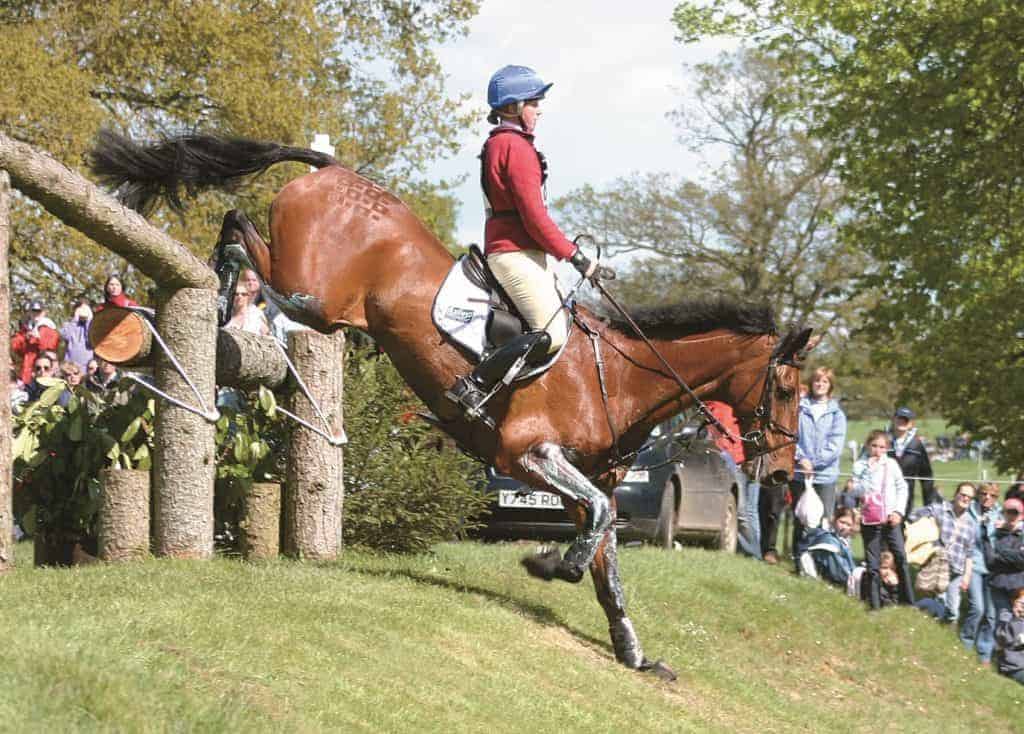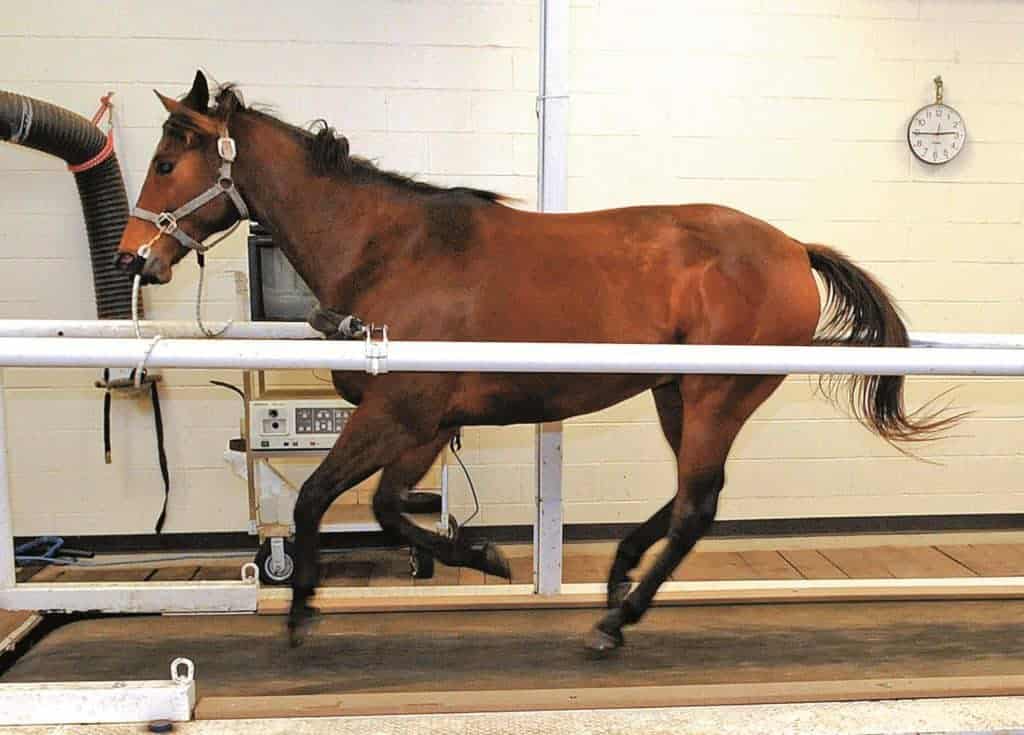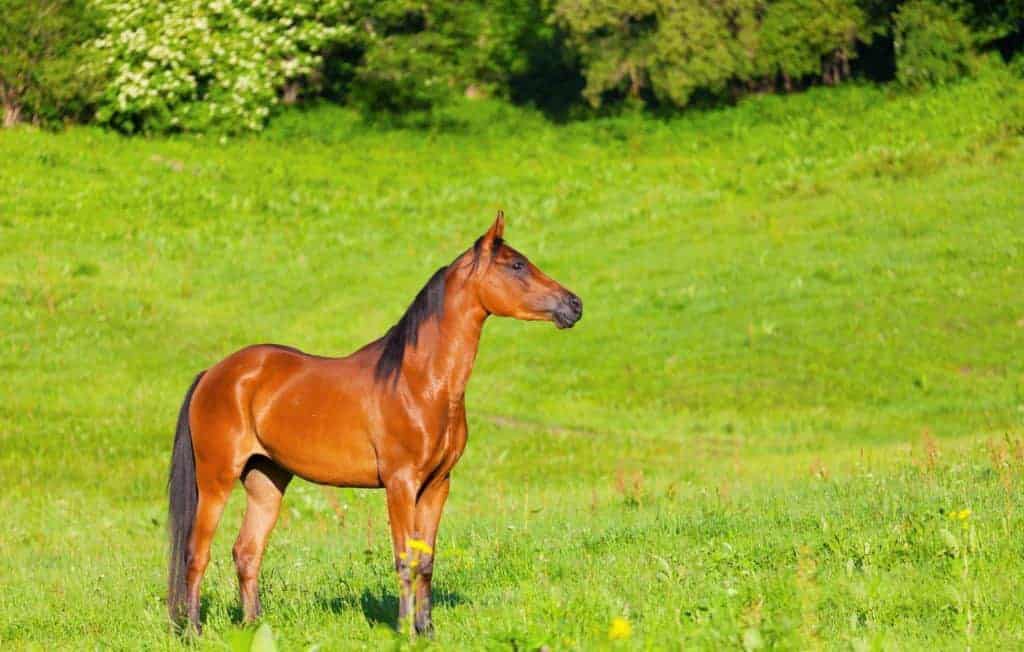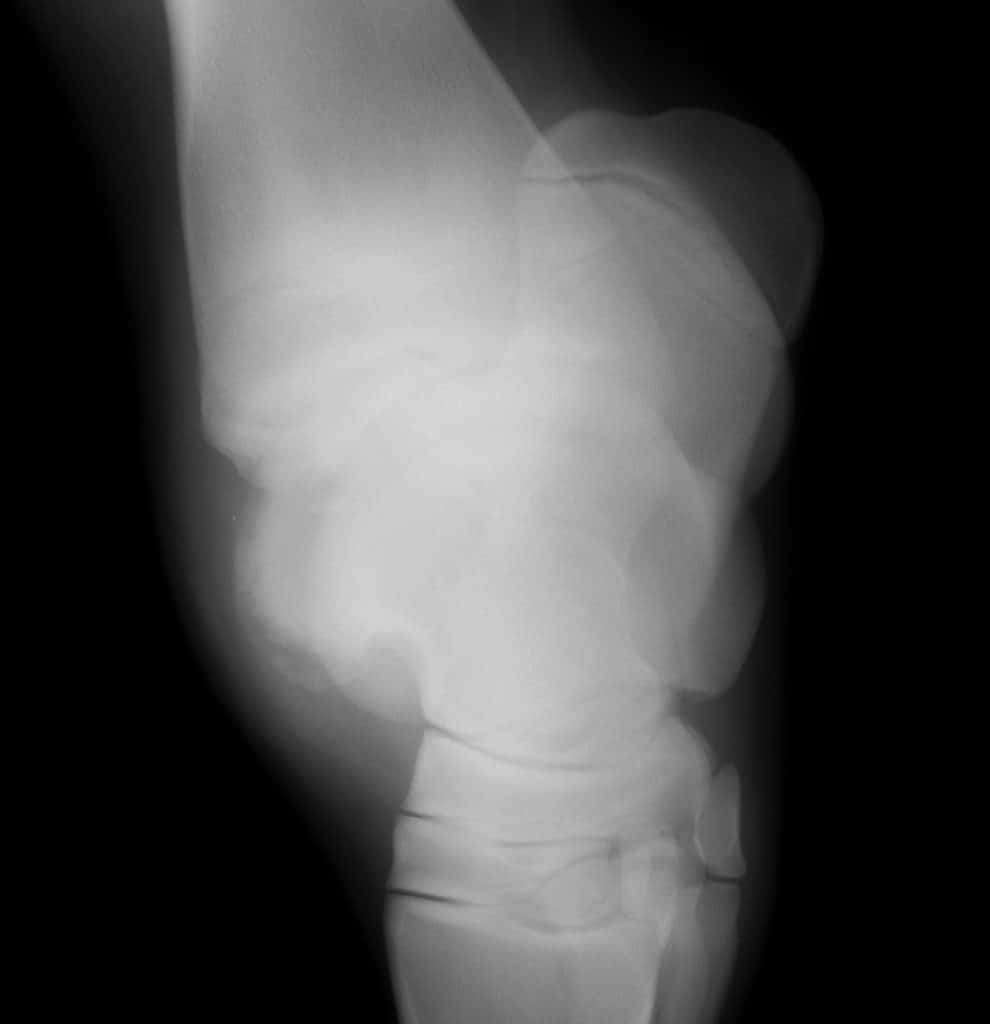
Top Equine Surgery Studies of 2013
Dr. Lisa Fortier shares her picks for the top equine surgery- and lameness-related studies of 2013.

Dr. Lisa Fortier shares her picks for the top equine surgery- and lameness-related studies of 2013.

Dr. Patricia Sertich will review mare anatomy, physiology, and abnormalities known to cause behavior changes.

Researchers are studying if fitness tests could help predict which event horses have a higher injury risk.

Yearling Thoroughbreds that worked on a treadmill had better aerobic capacities and no signs of lameness.

Osteochondral lesions on young horses’ X rays might appear worrisome, but surgery isn’t always necessary.

Pastured horses maintained their fitness level, plus had greater bone mineral content than other horses.

However, young horses were able to detect more obvious human body cues like finger-pointing.

Researchers confirmed what some believed all along: JOCC might be one disease, but it?s a very complex one.
The 2013’s annual Zweig Memorial Trot kicks off with a series of talks on equine health.
The blood test is designed to alert veterinarians to equine health concerns before clinical signs develop.

Researchers found that certain hormones could be easily detectable red flags of overtraining in horses.

The field protocol is designed to be low-risk, efficient, economical, and effective in identifying lesions.

Veterinarians are aiming to identify endurance horses in danger of metabolic failure during competition.

Researchers are investigating how young horse management practices can impact osteochondral lesions.

Horses are equine athletes that must be properly conditioned to perform.

Osteochondrosis is the central topic of a special issue of the Veterinary Journal.
Stay on top of the most recent Horse Health news with
"*" indicates required fields